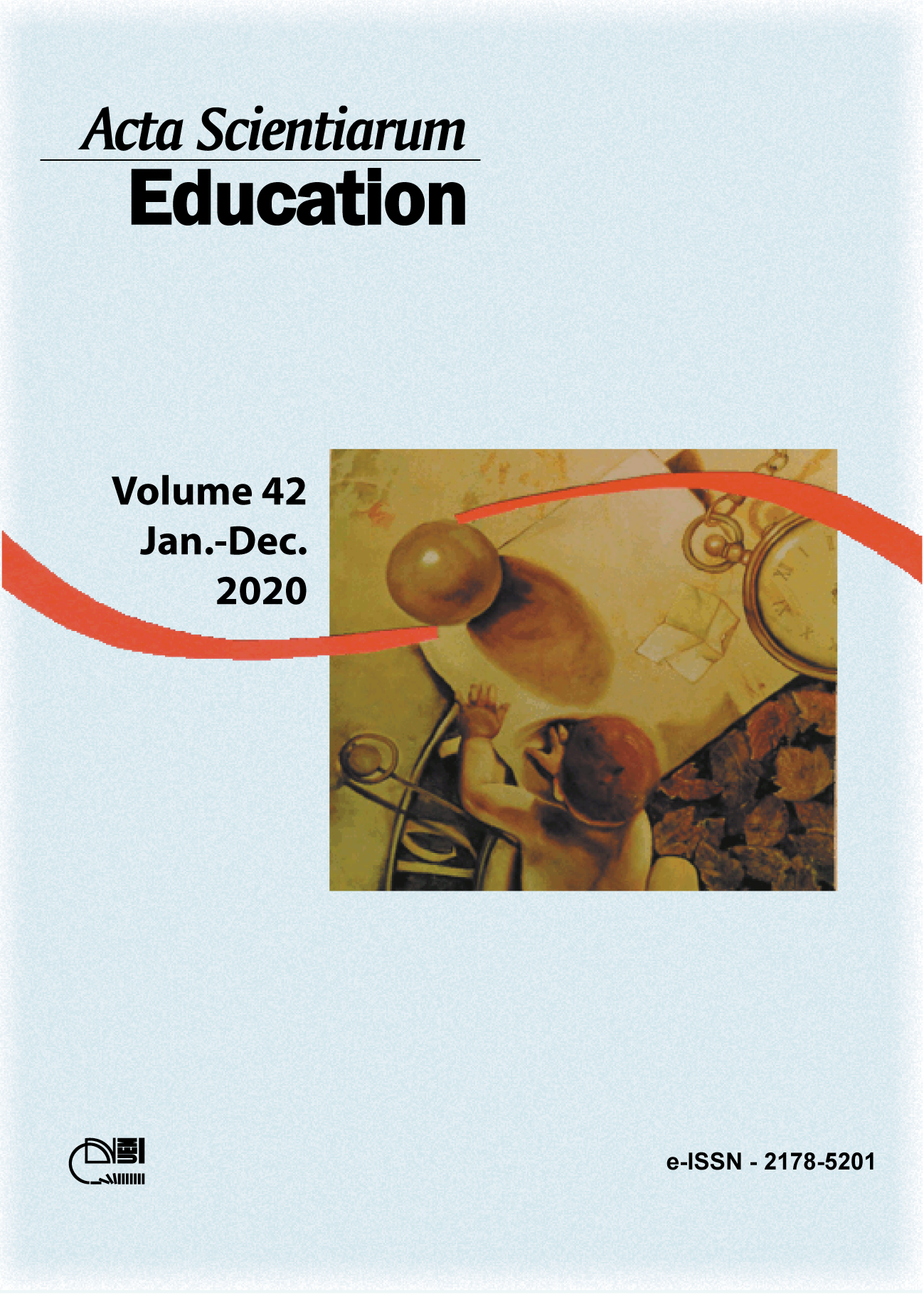The constitution of the right social to education in the State of Minas Gerais legislation of the 1920 decade
Abstract
This research aims to present two legislations created in 1920 in Minas Gerais. The first one is about the law 800 from 27th November 1920 which reorganizes the primary school in the State and it also contains others rules. The second one regulates the law 800 that was endorsed in 1924. The alleged is that the legislation expressed a historical time, that is to say, more than intentions of ruling elites, it is an expression of an era, with their problems, as well as ordering the treatment of values issues. The hypothesis that we seek to demonstrate is that such laws are indicative of a historical time in the phase of educational enthusiasm, on characterization of Jorge Nagle (2001), but even preceding the establishment of the social right to education, that is a historical watershed of the modernity of brazilian and worldwide educational. The missing dimension for to enter into the new time is precisely the permanence of a generic conception of citizenship unveiled at an ordination that weakens the role public school. It occurs either through the obligation of the public offer of educational shared with the society, either through the requirement of civic consciousness of the people preceding the public offer, in a clear scapegoating this school expansion limits. The work procedure is done by legal sources exegesis and regulatory standards, including in the school minutes, as well as the legislative debates.
Downloads

This work is licensed under a Creative Commons Attribution 4.0 International License.
DECLARATION OF ORIGINALITY AND COPYRIGHTS
I declare that this article is original and has not been submitted for publication in any other national or international journal, either in part or in its entirety.
The copyright belongs exclusively to the authors. The licensing rights used by the journal are the Creative Commons Attribution 4.0 (CC BY 4.0) license: sharing (copying and distributing the material in any medium or format) and adaptation (remixing, transforming, and building upon the material thus licensed for any purpose, including commercial purposes) are permitted.
It is recommended that you read this link for more information on the subject: providing credits and references correctly, among other crucial details for the proper use of the licensed material.














































